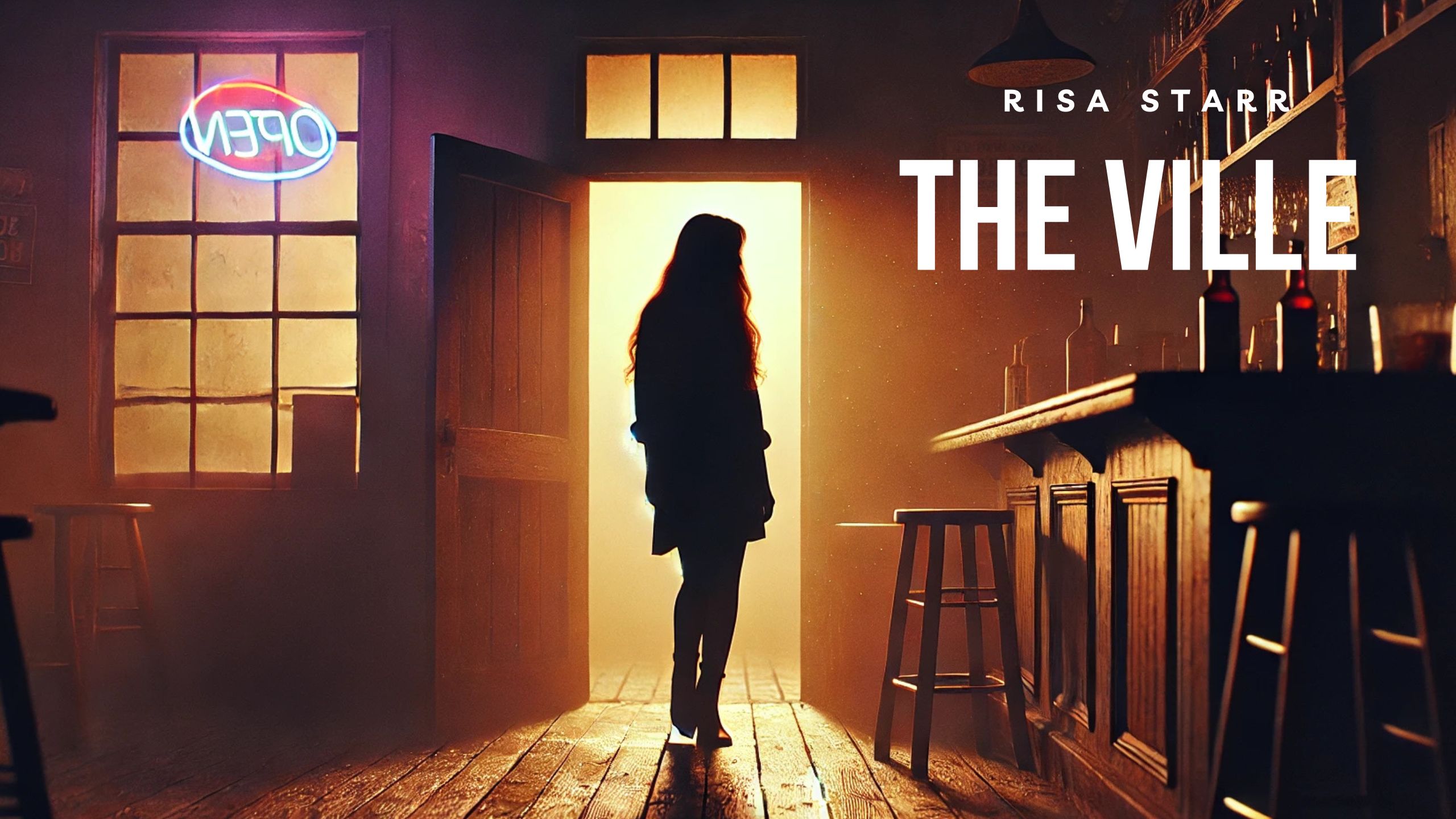Unchosen: The Quiet Heartbreak of the Friend Zone
By Risa Starr
There’s a particular kind of ache that doesn’t leave bruises, doesn’t get talked about much, and doesn’t come with a clean ending. It’s the ache of being almost—the one who was always there, but never quite there enough.
They call it the “friend zone,” but that label doesn’t come close to capturing the complicated, slow-burning grief of loving someone who doesn’t love you back—at least not in the way you want them to.
In The Ville, Jay lives this truth. He carries a quiet love for Carrie, the kind that isn’t flashy or loud, but deep and constant. He’s there when she needs someone. He sees her for more than what the others do. But Carrie’s affections wander elsewhere—always. To the wild ones. The dangerous ones. The broken ones. Never to Jay.
And yet, he stays.
That’s the thing about being stuck in that place between friendship and hope: you don’t leave, even when it hurts. You tell yourself it’s enough just to be close. You take what scraps you’re offered—late-night talks, passing glances, a smile that might mean nothing… or everything.
For many men and women, especially in small towns where the social circles are tight and everyone’s history is tangled, this experience is all too familiar. You grow up beside someone, watch them go through relationships, heartbreaks, self-destruction—and all the while, you’re right there. Waiting. Hoping. Trying not to hope.
It’s not about entitlement. Love isn’t owed, and desire doesn’t follow fairness. But that doesn’t mean it doesn’t hurt like hell to be invisible in plain sight.
Sometimes, people like Jay aren’t overlooked because they’re lacking. They’re overlooked because they feel safe. And sometimes, people like Carrie don’t choose them because deep down, they don’t feel worthy of that kind of love—the quiet, steady kind that sees through the smoke and the damage and stays anyway.
But the friend zone isn’t just about unrequited love. It’s about what it does to a person’s sense of worth. It chips away at confidence. It builds walls. It teaches people to settle for less, to play the long game with no end in sight. And in a world where emotional honesty is rare—especially for men—it creates a silence that grows heavier with time.
Jay never confesses what he feels—not in words, at least. He knows it won’t change anything. And maybe that’s the most honest part of it all.
Because sometimes, love isn’t about getting the girl. Sometimes it’s about carrying the weight of what could have been… and learning to let go of what never was.
There’s a particular kind of ache that doesn’t leave bruises, doesn’t get talked about much, and doesn’t come with a clean ending. It’s the ache of being almost—the one who was always there, but never quite there enough.
They call it the “friend zone,” but that label doesn’t come close to capturing the complicated, slow-burning grief of loving someone who doesn’t love you back—at least not in the way you want them to.
In The Ville, Jay lives this truth. He carries a quiet love for Carrie, the kind that isn’t flashy or loud, but deep and constant. He’s there when she needs someone. He sees her for more than what the others do. But Carrie’s affections wander elsewhere—always. To the wild ones. The dangerous ones. The broken ones. Never to Jay.
And yet, he stays.
That’s the thing about being stuck in that place between friendship and hope: you don’t leave, even when it hurts. You tell yourself it’s enough just to be close. You take what scraps you’re offered—late-night talks, passing glances, a smile that might mean nothing… or everything.
For many men and women, especially in small towns where the social circles are tight and everyone’s history is tangled, this experience is all too familiar. You grow up beside someone, watch them go through relationships, heartbreaks, self-destruction—and all the while, you’re right there. Waiting. Hoping. Trying not to hope.
It’s not about entitlement. Love isn’t owed, and desire doesn’t follow fairness. But that doesn’t mean it doesn’t hurt like hell to be invisible in plain sight.
Sometimes, people like Jay aren’t overlooked because they’re lacking. They’re overlooked because they feel safe. And sometimes, people like Carrie don’t choose them because deep down, they don’t feel worthy of that kind of love—the quiet, steady kind that sees through the smoke and the damage and stays anyway.
But the friend zone isn’t just about unrequited love. It’s about what it does to a person’s sense of worth. It chips away at confidence. It builds walls. It teaches people to settle for less, to play the long game with no end in sight. And in a world where emotional honesty is rare—especially for men—it creates a silence that grows heavier with time.
Jay never confesses what he feels—not in words, at least. He knows it won’t change anything. And maybe that’s the most honest part of it all.
Because sometimes, love isn’t about getting the girl. Sometimes it’s about carrying the weight of what could have been… and learning to let go of what never was.

